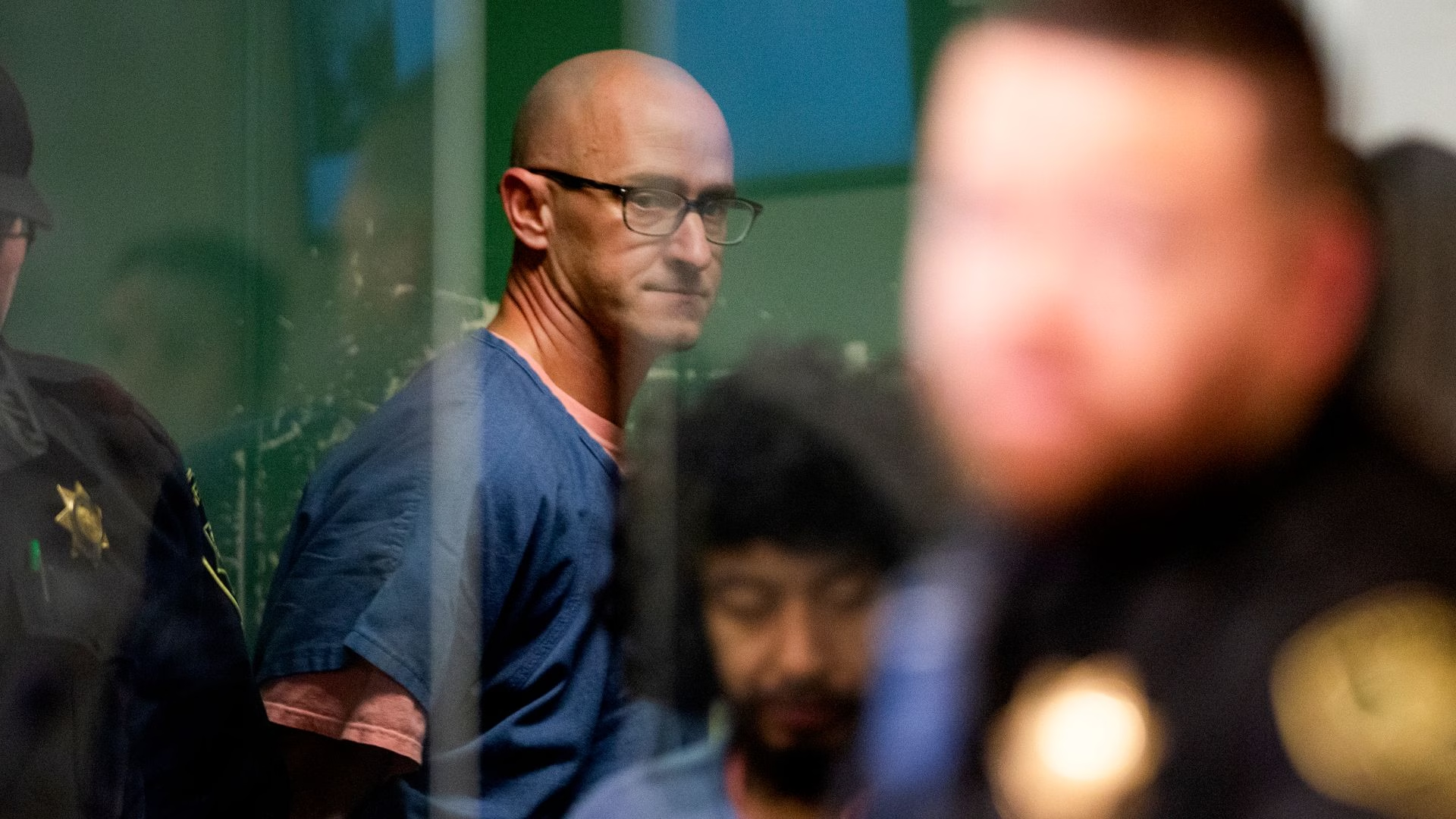Bryan called for the Senate’s special session to address, in part, an aberration in V.I. law that allows for legislators to collect pensions from previous government jobs while collecting their Senate salaries, said Government House Communications Director Richard Motta.
“The Double Dipping Act of 2025 would end a deeply unfair practice in Virgin Islands law that allows members of the legislature to collect a full pension — a full government pension — for prior service while also receiving a legislative salary,” Motta said during Monday’s press briefing.
“But it doesn’t stop there. While collecting both, senators are also accruing additional pension benefits based on their legislative service, all funded by the same government retirement system — essentially being allowed to stack benefits from the same Government Employees’ Retirement System. This is not allowed for other public employees or elected officials who return to government service. It is a carveout that benefits only one class of public servants and it places an increasing strain on an already burdened pensions system,” Motta said. “The governor believes this not only fiscally irresponsible but also erodes public trust.”
The Senate calendar published Monday has Senate President Milton Potter chairing the special session at 10 a.m. Monday before a 1 p.m. Committee of the Whole session.
Potter had rejected a previous call from Bryan for a special session, saying he’d been given improper notice, having only learned of the proposed meeting through media reports.
Potter said Bryan’s reasoning for the session was disingenuous and was in fact retaliation for legislators cutting executive branch pay raises.
“Let us be honest: this sudden push is a direct response to the Legislature rightfully repealing a $50,000 salary increase that the governor quietly inserted into the FY2024 budget,” Potter stated July 2. “Rather than accept that decision, the governor has chosen to lash out, dressing up political spite as policy reform.”
Potter said Bryan was attempting to “divide lawmakers and incite public ire without offering policy clarity or legal grounding” on the pension issue.
Two other changes proposed by the governor deserved inspection but were not as simple as they may seem, Potter said.
Moving government employee health insurance to a self-funded model might seem like a fiscally responsible choice, potential budget shortfalls and lack of cash reserves, Potter said.
“Under a self-funded model, the government is responsible for paying claims directly. Any disruption in liquidity puts employees’ access to care at risk. A misstep here would result in delayed payments to providers, eroded trust in the system, and serious legal and ethical consequences,” Potter said
He advocated investigating the issue with input from the Lieutenant Governor’s Office and GERS.
Another proposed law would repeal rules barring public employees from seeking elected office unless they took a leave of absence from their current government job.
Motta said it would allow more Virgin Islanders to run for office without having to choose between public service and financial stability.
“Instead, it would allow them to campaign while remaining in their position providing they do not use work hours or government resources for political activity,” he said.
Motta said there would be fines for violations.
Potter acknowledged there had been efforts within the Legislature to change the law but that the issue was more complex. Unlike federal and state legislative bodies on the mainland, Virgin Islands senators don’t go on recess. They have to campaign while still conducting budget hearings and other forms of oversight.
Motta said the three proposals were resolutions to long-standing problems and asked Virgin Islanders to phone their elected officials.
“Now is the time for the legislature to act,” Motta said. “Call your senators and urge them to support this legislation on Aug. 1 during that special session hearing.”
Hurricane preparedness
Also during Monday’s briefing, officials from the Virgin Islands Territorial Emergency Management Agency and the Human Services Department said they’d identified seven emergency hurricane shelters that met Federal Emergency Management Agency standards. FEMA required shelters to have 20 square feet per person during evacuation and 40 square feet per person after evacuation.
Averil George, Human Services Department commissioner, said there were three hurricane shelters on St. Thomas — one of which, at Lockhart School, was pet friendly. Lockhart School could accommodate 248 people before and during a storm, and half as many after. The Eudora Kean High School cafeteria could shelter 166 people pre-landfall and 80 post-landfall, and the same school’s gym could accommodate 782 before the storm hits and 390 after.
The two shelters on St. John — the Adrian Senior Center and the Gifft Hill School upper campus — would not allow pets.
There were two shelters on St. Croix — with D.C. Canegata Recreational Center, able to shelter 161 pre-landfall and 80 post-landfall, and the pet-friendly Educational Complex, able to accommodate 466 people before and during the storm and 233 after it passes.
People sheltering with their pets would need to bring leashes and cages, food and water, and, if needed, medicine for their cats and dogs, VITEMA Director Darryl Jaschen said.
Electric vehicles
Kyle Fleming, director of the Virgin Islands Energy Office, said the Virgin Islands had executed a contract with TJ Ocean Auto Group to help service both public and private electric cars in the territory.
“This partnership builds upon our promise to make sure that we’re not just bringing vehicles and deploying charging stations but we’re also that the life cycle of these vehicles can continue to be supported,” Fleming said.
The territory offers a rebate of $5,000 for new and used electric vehicle purchases.
“Most of those purchases so far have been for vehicles outside of the territory. This agreement also opens up the door for locally purchased vehicles to qualify for a rebate,” he said.
The $7,500 federal tax credit for new electric vehicles expires Sept. 30.
“If you are thinking about investing in an electric vehicle, now is the perfect time to combine an expiring federal incentive with a $5,000 local incentive to really drive down the up front cost of electric vehicle investment, which has really been a barrier,” Fleming said.
St. Croix Source
Local government, Local news



